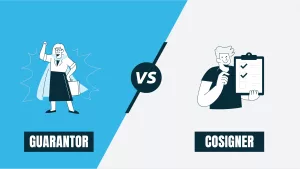Attorney Contact Information
While it’s not mandatory to include the buyer’s attorney’s contact information at the offer stage, it can be beneficial if you have already chosen a lawyer. Providing this information demonstrates your seriousness and shows that your lawyer is prepared to review the contract promptly. We cover the essential questions to ask your NYC real estate attorney in this article.
If you haven’t selected an attorney yet, you can mention in your offer email that you are willing to provide the buyer’s lawyer’s contact information if needed. You can also reassure them that the buyer has an experienced real estate lawyer on standby, ready to review the contract immediately.
Biography
Although it’s not strictly necessary, it’s helpful to provide the seller with a brief introduction about yourself. You don’t need to write a lengthy biography; a paragraph or two is more than enough.
Offer Letter
Some home buyers take the extra step of including a personal letter to the seller. This letter serves as a personalized introduction, allowing the buyers to introduce themselves. A heartfelt and personal home buyer letter can be influential in a bidding war when other offers are similar in value.
Are Offers Binding Once Made?
In New York City, real estate offers are not legally binding, regardless of the format—whether verbally, via email, or in writing. An offer becomes binding only with a signed contract.
For a buyer, a contract is binding once they have signed it and provided the required deposit.
Once the buyer’s attorney has sent the contract to the seller’s attorney, the seller can countersign the contract and deposit the good-faith deposit into the seller’s attorney’s escrow account at any time.
However, since the seller is the last to act, they have the option to back out of the deal at any point before countersigning the contract. This means the seller could potentially present the buyer’s signed contract to other prospective buyers in search of a higher offer.
If another buyer makes a better offer, the seller can choose to accept it and reject the initial buyer’s signed contract.
 You must include this form if you are financing your purchase; it is often requested even if you are paying cash. You can download a REBNY Financial Statement Template here.
You must include this form if you are financing your purchase; it is often requested even if you are paying cash. You can download a REBNY Financial Statement Template here.

